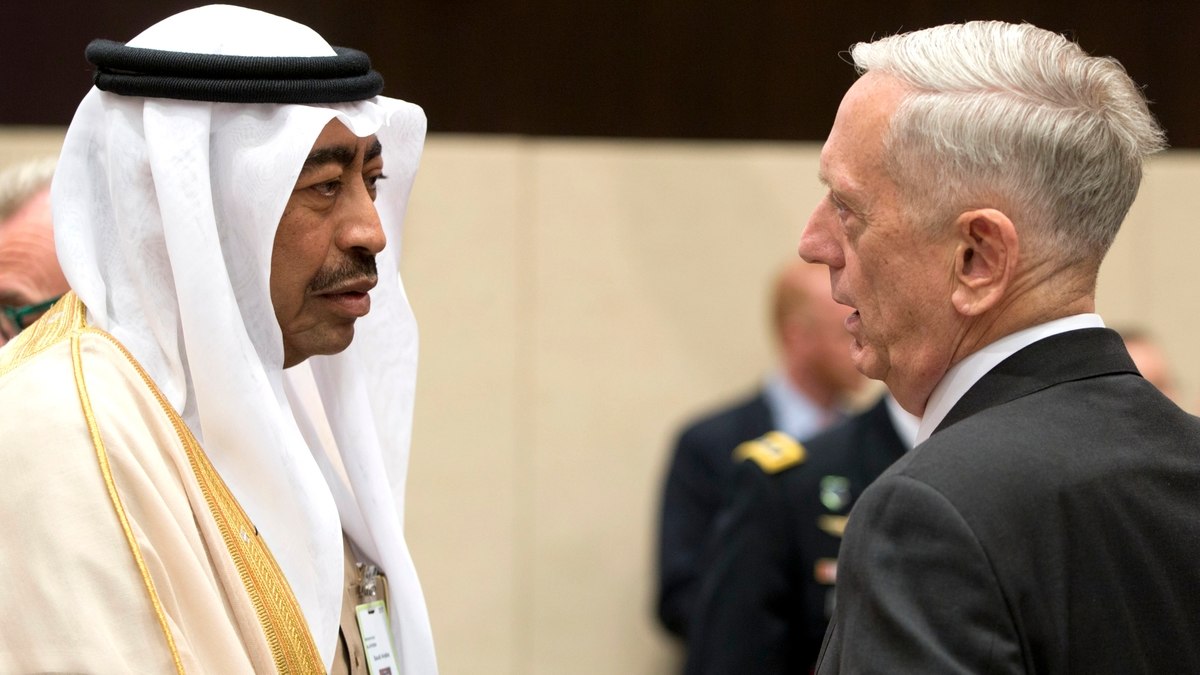The Pentagon announced it will bill Saudi Arabia and the United Arab Emirates $331 million after undercharging the two countries for U.S. aerial refueling of their aircraft in the Yemen civil war.
The news came in the wake of reports that the Senate passed a resolution to end U.S. military aid to the Saudi-led coalition and another to condemn Saudi Crown Prince Mohammed bin Salman in the death of Saudi journalist Jamal Khashoggi.
“U.S. Central Command reviewed its records and found errors in accounting where we failed to charge the Kingdom of Saudi Arabia and the United Arab Emirates adequately for fuel and refueling services,” Cmdr. Rebecca Rebarich, a Pentagon spokeswoman, said in a statement Thursday.
U.S. Central Command, Rebarich said, is “in the process of seeking reimbursement from” the two countries for $36.8 million in fuel and $294.3 million in flight hours. “Our partners have been individually notified about our intent to seek reimbursement, and have been given estimates as to how much they owe,” she said.
The admission follows an inquiry by Sen. Jack Reed, D-R.I., that prompted the Department of Defense to acknowledge last month that U.S. Central Command had improperly tracked the costs for aerial refueling services. Reed welcomed the DoD’s announcement Thursday and said it made the case for strict oversight.
“This is good news for U.S. taxpayers and underscores the need for strong oversight of the Department of Defense,” Reed, the ranking member the Senate Armed Services Committee, said in a statement. “The American people should not be forced to bear these costs and I am encouraged DoD is taking steps to get full reimbursement.”
Earlier this year, Reed asked Defense Secretary Jim Mattis, in a letter with Sen. Richard Blumenthal, D-Conn., and others, for a “full accounting of reimbursements by both the UAE and Saudi Arabia for inflight refueling assistance.”
The lawmakers also raised questions because Congress was never notified through the State Department that Washington and Riyadh had entered into an acquisition and cross-servicing agreement, or ACSA, for refueling services. Pentagon attorneys told lawmakers that U.S. Central Command and Riyadh were operating under a provisional ACSA that was never finalized.
